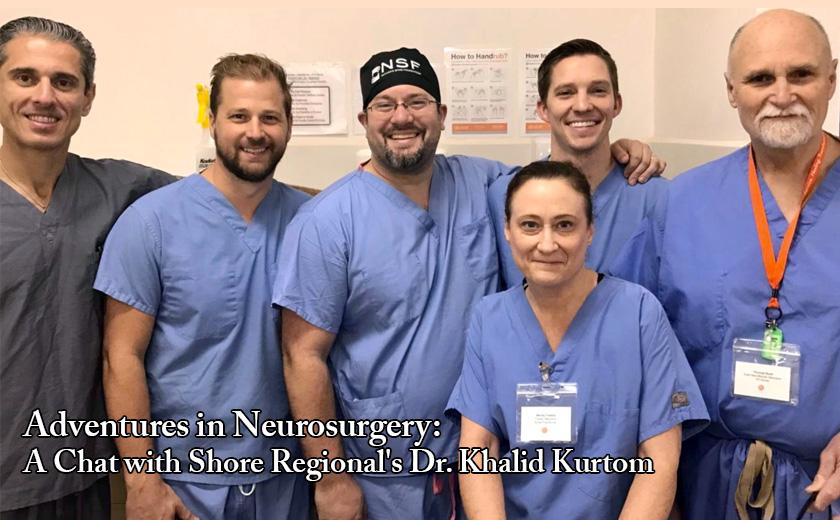While the public has a modest grasp of the mission of such organizations like Doctors without Borders, where physicians volunteer to work in some of the world’s poorest countries, nothing can compare with the extraordinary story of a SWAT team of neurosurgical experts performing one the most complicated and demanding surgeries in the field of health in some of the most remote locations on the planet.
Without the benefits of first-world operating rooms, familiar surgical equipment, or even knowing the case histories of those that they will be working on, this extraordinary team, led by Dr. Khalid Kurtom, has now left the Eastern Shore twice to perform these intensive procedures.
The Spy sat down with Dr. Kurtom shortly after leaving an isolated camp in Honduras, where his team operated on eleven patients in three days. He discusses the extraordinary challenges they faced while working without much sleep, but also the emotional, spiritual, and psychological impact that each team member feels during and after these special episodes in the professional and personal lives.
This video is approximately five minutes in length. For more information about Regional Shore Health please go here.



Suellen Knight says
Dr. K’s work, with his team, in Honduras is exceptional. Their collective generosity of skill, precision and attention to “need” is both impressive and humbling. I was part of a Mission trip, sponsored by Christ Church, St. Michael’s, to El Hogar in Honduras, a school for boys off the streets [now including girls], c. 15 years ago. The experience changed my life. It ultimately led a dentist on that trip to return with his “team” to address the dental issues the children face. El Hogar now has a “chair” and various DDS missions. The “need” of Honduran children for safety, security, education was obvious to every eye. This umbrella organization has ensured that even in this dangerous, “power” fueled country, a middle class is coming along albeit slowly. Americans cannot appreciate a life with almost no chance of a future: poverty, illness, danger in the streets, no education. Thank goodness for the courage and commitment of people like Dr. K and his people. Hope can come.